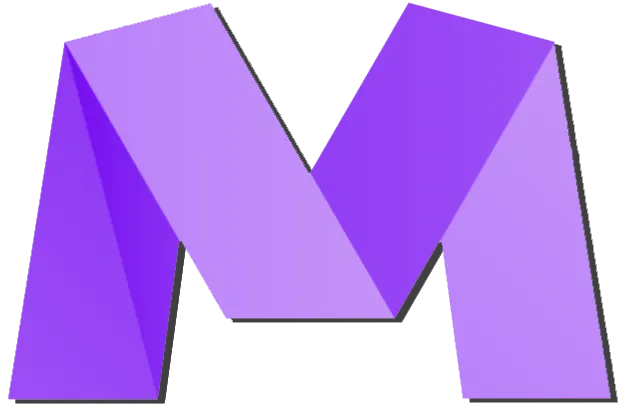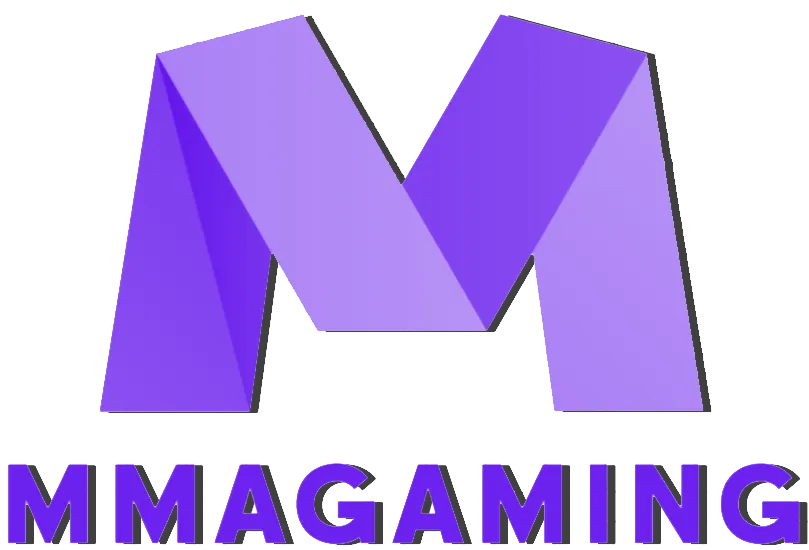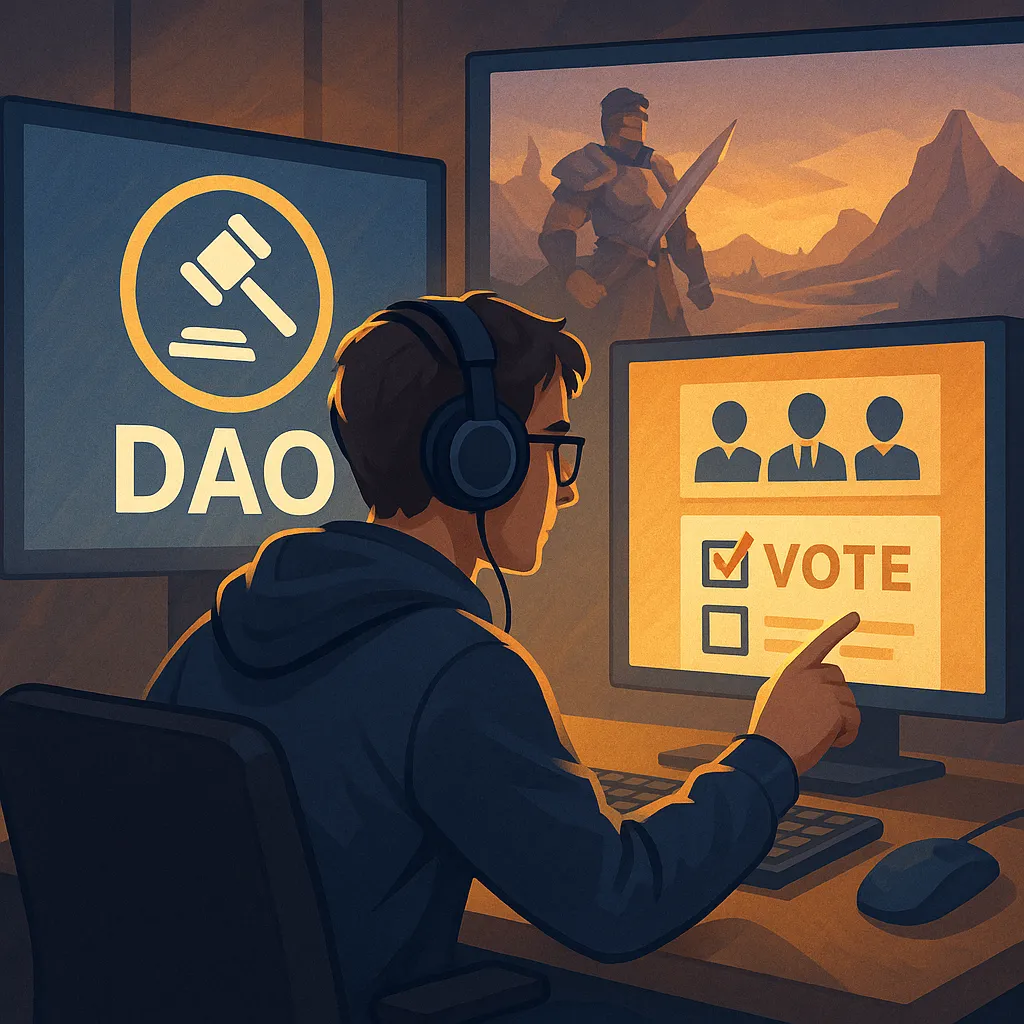In Web3 gaming, players are no longer passive users or mere feedback providers in Discord threads. They’re emerging as architects of the ecosystem — making decisions, voting on proposals, and even determining how profits are shared. Welcome to the age of the DAO — Decentralized Autonomous Organizations — where community-driven governance is more than just a concept. It’s the new gaming meta.
What Is a DAO in the Gaming Ecosystem?
A DAO, or Decentralized Autonomous Organization, is a structure built on smart contracts that enables communities to make decisions collectively — without any central authority. It replaces the traditional top-down leadership model with transparent, code-based governance.
In gaming platforms, a DAO can oversee:
- Access rules for in-game assets like NFTs and tokens
- Game updates and version rollouts
- Marketing strategies and how rewards are distributed
- Investment decisions into new games or features
Think of it as a mix between a guild, a board of directors, and a player faction from a MMORPG — but operating within the real-world logic of blockchain.
How Players Evolve into Strategists
Web3 games don’t just reward gameplay — they reward strategic thinking. Every token you own can become a seat at the decision-making table.
1. Token Holder = DAO Voter
Whether it’s $MMA, $AXS, or $ILV, most tokens come with governance rights. Holding a token means you have a say in the project’s future — from gameplay mechanics to economic models.
2. Proposals Are Not Just Suggestions
Unlike casual ideas on forums, DAO proposals are formal motions. Anyone in the community can submit a proposal — whether to change a rule, introduce a feature, or reallocate funds. These are then voted on by other token holders.
3. Voting as a Meta-Game
DAO participation itself feels like a strategic game. Timing, alliances, and community mobilization matter. Some treat governance like a high-stakes campaign — organizing votes, forming factions, and navigating proposal deadlines.
Real-World Examples: How DAOs Work in Web3 Gaming
| Project | DAO Role | Unique Feature |
|---|---|---|
| Yield Guild Games | Manages digital assets and invests in new games | DAO chooses which NFTs to buy for guild members |
| Illuvium DAO | Influences gameplay design and tokenomics | Players voted on PvP balance updates |
| Decentral Games | Guides updates to a virtual casino in the metaverse | DAO-led changes to gambling mechanics based on user feedback |
| MMA Gaming | Sets staking rules and asset access | Combines DAO structure with classic guild elements |
These DAOs show that game studios aren’t just building mechanics — they’re handing over the keys to their communities.
From Devs to Executors: How the Power Balance Is Shifting
Previously, the dev team was the ultimate authority — gods of their digital realms. Players could voice opinions, but that was about it.
Today, it’s different:
- Devs are more like engineers implementing community-approved features.
- Players act as a collective board, steering the direction of the platform.
This shift demands a lot from developers:
- Full transparency in code and roadmap decisions
- Public explanations of game logic and updates
- Smart contract-based rollouts rather than private server patches
It’s a new type of relationship — more collaborative, more accountable.
DAO Pros and Challenges in Gaming Platforms
DAOs bring real benefits, but they’re not without friction. When governance meets gameplay, things get complicated fast.
Benefits:
- Deeper player engagement: Users feel part of the mission, not just spectators
- Faster response to player needs: Votes can force rapid change
- Shared rewards and risk: Everyone has skin in the game — literally
Challenges:
- Low participation: Not all token holders vote consistently
- “Whale” control risks: Large investors can skew decisions
- Game-like governance, real-world consequences: A bad vote can cost real money
Balancing fun with responsibility is tricky when the stakes are more than virtual.


